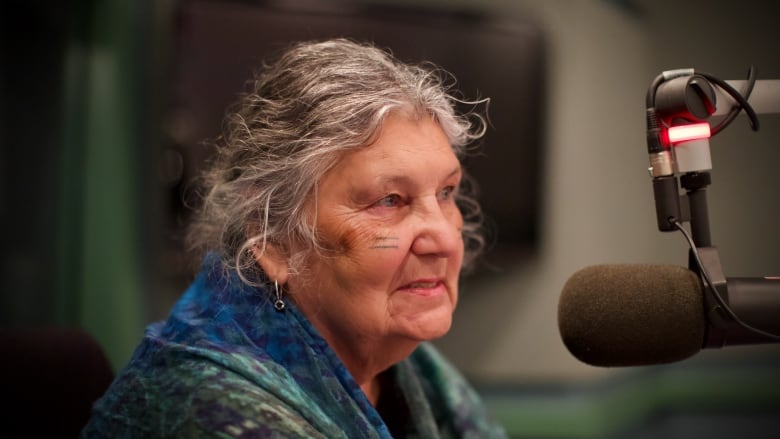MLB’s Ian Desmond, in a powerful post about racism and social injustice, opts out of the 2020 seasonPosted in Articles, Media Archive, Social Justice, United States on 2020-06-30 16:42Z by Steven |
MLB’s Ian Desmond, in a powerful post about racism and social injustice, opts out of the 2020 season
Cable News Network (CNN)
2020-06-30
Scottie Andrew and Jillian Martin, CNN
 Ian Desmond of the Colorado Rockies won’t play in the upcoming 2020 MLB season. |
(CNN) Major League Baseball player Ian Desmond is opting out of the truncated 2020 season. Coronavirus concerns factored into his decision, but so did the national reckoning with racism — something Desmond says needs to happen within the league, too.
The Colorado Rockies outfielder, in a lengthy and emotional Instagram post, detailed how he made his decision and how racism impacted his life within the sport and outside of it as a biracial Black man.
Desmond, an 11-year MLB veteran, has played the past three seasons with the Rockies after signing a five-year, $70 million contract…
Read the entire article here.







